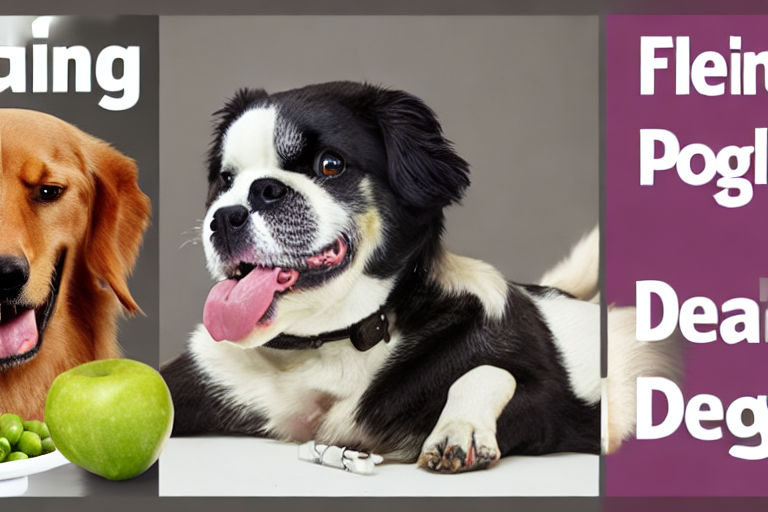The Ultimate Guide to Feeding a Balanced and Nutritious Diet to Your Dogs
A healthy and balanced diet is essential for the overall wellbeing of your furry friends. Just like humans, dogs need a complete and nutritious diet to maintain a healthy weight, strong immune system, and optimum growth and development.
Importance of a Balanced and Nutritious Diet for Dogs
Feeding a balanced and nutritious diet to your dogs is vital as it provides them with essential nutrients, such as protein, carbohydrates, vitamins, minerals, and fats. These nutrients play a significant role in maintaining proper body functions, such as growth, metabolism, and immunity.
Choosing the Right Type of Food
There are numerous types of dog food available in the market, including kibble, canned, raw, and homemade. It's crucial to choose the right type of food that meets your dog's nutritional requirements and suits your lifestyle.
It's recommended to consult your vet before deciding on a specific type of food. Your vet can suggest healthy options for your dog based on factors such as age, breed, and health conditions.
Understanding Dog Nutrition Requirements
Dogs nutrition requirements vary depending on their breed, age, activity level, and health condition. However, some essential guidelines apply to all dogs.
- High-quality protein should be the primary ingredient in your dog's diet. Dogs need approximately 2 grams of protein per pound of their body weight daily.
- Carbohydrates provide energy and fiber, which aids in digestion. The recommended daily carbohydrate intake varies between 30-70% of their diet, depending on their activity level and age.
- Fats are a vital source of energy for dogs and aid in nutrient absorption, coat health, and the immune system. The recommended fat intake for dogs should be between 10-15% of their daily diet.
Creating a Balanced Diet
A healthy and balanced diet for your dog should contain the following:
- High-quality protein, such as chicken, turkey, salmon, or beef. The protein should make up at least 25% of your dog's daily diet.
- Fiber-rich carbohydrates, such as brown rice, oats, and barley, should make up 30-70% of your dog's daily diet.
- Fats, such as fish oil, flaxseed oil, and chicken fat, should make up 10-15% of your dog's daily diet.
- Essential vitamins and minerals to support your dog's overall health and wellbeing.
Best Foods for Dogs
Some of the best foods for dogs include:
- Chicken: High in protein and low in fat, making it an excellent choice for dogs.
- Salmon: Packed with omega-3 fatty acids, protein, and vitamins, making it beneficial for healthy skin, coat, and immune system.
- Sweet potatoes: A great source of fiber, vitamins, and antioxidants, making them a healthy carbohydrate option.
- Blueberries: Loaded with antioxidants, vitamin C, fiber, and phytochemicals, making them an excellent addition to your dog's diet.
Feeding Your Dog
Feeding your dog should be done in moderation and with a set schedule. Depending on the breed, size, and age of your dog, the feeding schedule may vary.
Always make sure your dog plenty of fresh, clean water to stay hydrated. Treats and table scraps should be given in moderation as they can lead to excess weight gain and nutrient imbalances.
Conclusion
A balanced and nutritious diet is essential for your dog's overall health and wellbeing. Understanding your dog's nutritional requirements, choosing the right type of food, and creating a balanced diet can keep your furry friend healthy, happy, and thriving.



